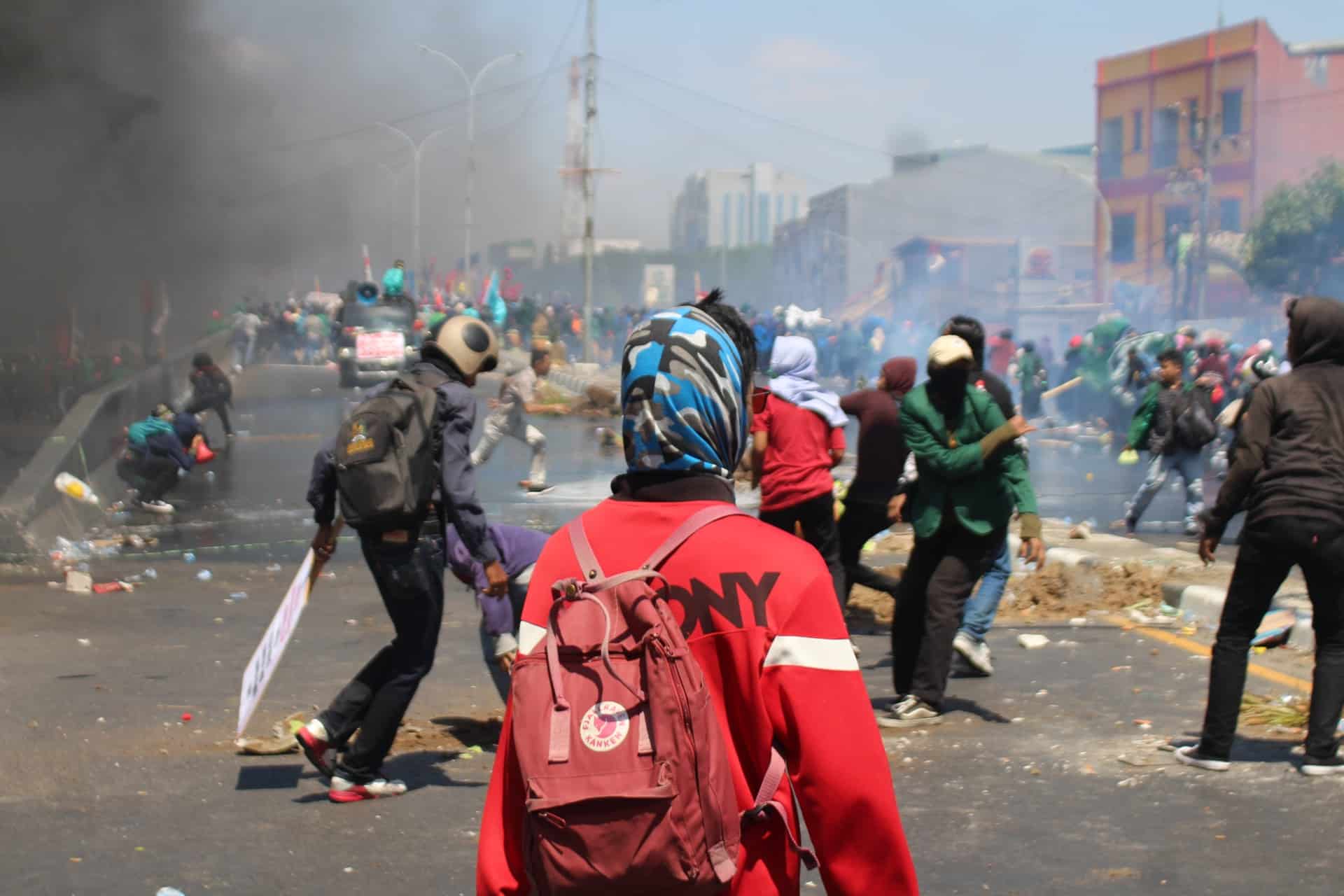
Do you remember when former President Zuma was sent to prison, right? Well, that decision stirred things up. A lot of people were convinced that he was locked up unfairly, that it was some kind of injustice. They felt he was being targeted.
So, they started speaking out. They took to social media, like Facebook and Twitter, posting messages saying how wrong it was. They also went into the streets, organizing protests and rallies. They were telling everyone who would listen that Zuma’s imprisonment was unlawful and that something needed to be done.
Now, here’s where things got really bad. Some of these messages, both online and in person, weren’t just about expressing opinions. They started to become calls for action, urging people to rise up and fight back. They were, in effect, inciting the public – telling them to get angry and do something about it.
And unfortunately, a lot of people listened. This incitement fueled widespread violence and looting. Shops were ransacked, businesses were destroyed, and there was a lot of general chaos. It brought the entire country to a standstill, causing a lot of damage and suffering.
Now, the big question everyone’s asking is: who should be held responsible for all this? Is it the people who were posting those inflammatory messages and organizing the protests, the ones who were essentially telling people to riot? Or is it the people who went out and did the looting and violence?
It’s a complex situation. On the one hand, people have the right to express their opinions. But on the other hand, there are limits. You can’t just tell people to go out and break the law. So, the question becomes, where do you draw the line? Who is legally responsible when words turn into violent actions? That’s what the courts and the country are trying to figure out.
The South African Constitution has entrenched the right to the freedom of expression to everyone which it governs. [1] However, this right is not an inalienable one and as such it has limitations thereto. The South African Constitution limits freedom of expression and is clear when dealing with incitement, section 16 holds that everyone has the right to the freedom of expression, however, such right does not extend to the incitement of imminent violence. [2] When individuals take to social media or any other form of communication or merely speak to someone in the street if the intent is to garner support and incite the public to commit acts of violence such incitement is unconstitutional and therefore unlawful. As such individuals who are found guilty of incitement may be held liable for damage caused as a result of such incitement. This does not exclude the perpetrators of the violence of liability, it however includes the perpetrators in the liability.
Individuals posting inciteful content on their social media accounts cannot claim that they do not intend for it to be interpreted by the public as a call for an uprising. With section 16 of the Constitution of the Republic of South Africa and now with the recently enacted Cybercrimes Act, individuals open themselves up to potential prosecution for such acts. The Cybercrimes Act has established the powers and jurisdiction for the National Prosecuting Authority to charge and prosecute individuals inciting violence and as such one should avoid such unlawful acts.
[1] Constitution of the Republic of South Africa, 1996.
[2] Constitution of the Republic of South Africa, 1996.
Should you require legal advice or assistance, contact us and we shall gladly assist you.
Saeedah Salie
saeedah@bbplaw.attorney
Associate


Recent Comments